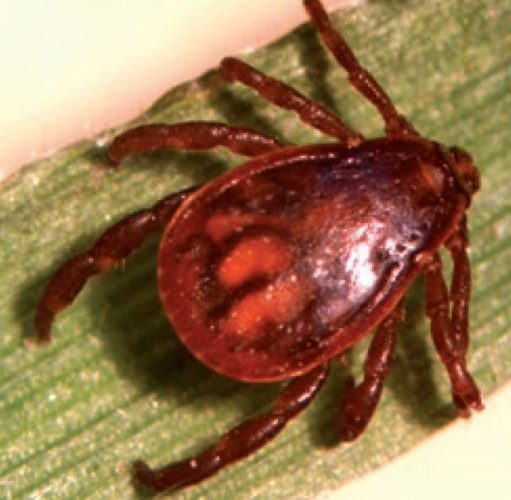Smallholders with dogs and cats will know the dangers of ticks, fleas and, to a lesser extent, lice. All are bloodsucking parasites, with varying degrees of danger to both pets and humans.
Ticks are part of the Arachnida class, the order of Anactinotrichidea and sub-class Ixodida. They cannot survive without feeding off a host. They are divided into two families: soft and hard. Soft ticks are quick feeders, mostly taking a quick blood meal before dropping off the host, digesting, laying eggs and then reattaching to a host. Hard ticks are single feeders that remain attached, feeding over several days. There are more than 700 species of hard ticks, 83 of which are found in South Africa. Ticks attach themselves to their hosts in various ways. Some lie in wait on plants, allowing themselves to be brushed off by a passing animal. Others actively seek out a host and use their barbed mouths to anchor themselves to the host’s skin. Pathogens and diseases are spread via the tick’s saliva. Depending on the species, both adults and juvenile ticks can be found on cats and dogs. Ticks populate in warmer weather, but can still be found in winter.
Disease carried by ticks
In South Africa, the most common tick-borne disease in dogs is biliary or Tick fever. The potentially fatal disease is caused by Babesia canis or Babesia rossi, parasites carried by the Yellow Dog tick and the Kennel tick. The parasite enters the dog via the bite and multiplies in the bloodstream. The infection as well as the dog’s immune response results in a loss of red blood cells (anemia), which can become severe enough to be fatal. Biliary can also cause kidney or liver failure. Symptoms of biliary include loss of appetite, weakness, fever, pale gums, dark coloured urine. Some animals simply present as being “off-colour”. The disease has a 10-20 day incubation from the bite, so owners should look out for symptoms, even if the animal is currently tick-free. The disease is diagnosed by a blood test. Prevention is the best method of avoiding this disease. This means preventing ticks from infesting your dog.
It is a common assumption that cats cannot get ticks. But, just as with dogs, on cats can be fatal. Common illnesses caused by tick bites on cats include feline infectious anemia, as well as Feline biliary, more common along South Africa’s coast.

